
Selecting a good analytical tool out of the myriad of marketing technologies out there can be stressful.
You've probably seen the term “martech stack” used a lot. It is a common abbreviation that refers to Marketing Technology Stack.
A marketing technology stack is a collection of technologies used to optimize marketing processes.
The purpose of marketing technologies focuses on three main issues:
- Simplifying difficult tasks
- Quantifying the effect of marketing
- Optimizing the spending to results ratio
According to the martech landscape created by Scott Brinker, the number of martech solutions has only been growing. This is perhaps the most frequently shared slide of all time and it’s evidence that there is a need for analytical tools and thus, a market for them.
Analytical tools are tools used to analyze data. The data is then used to extract actionable and commercially relevant information that you can use to improve results or performance.
Analytical tools are also key in organic link building for your site. This helps you to obtain a higher ranking in searches and, ultimately, a higher conversion rate. There are several tools that will optimize and simplify your link building process. We have listed some of the best ones in this article.
Six to eight years ago, it was easy to select suitable analytical tools for your marketing technology stack. This is because there were only about 150 marketing software companies competing for your attention. According to Scott Brinker’s martech landscape, there are currently over 8000 vendors. Finding the right tools, therefore, can be a rabbit hole.
Many questions come up when it comes to selecting tools for your martech stack. Which tools are relevant to your marketing scheme? Which tools are easy to use? Which tools apply to your company strategy?
This is where we come to the rescue.
In this article, we will share with you our best 10 analytical tools for your marketing technology stack. We are basically going to bring the cookies down to the lower shelf for you. First, let's break everything down a bit.
1. Google Analytics

This is the most popular analytics tool for a good reason. First of all, it is a free tool. Secondly, it provides both prescriptive and predictive analytics. And third, it helps keep up with trends and patterns and understanding user flows. It also provides a simplified tutorial on how to use Google analytics to help you interpret your data.
2. Jaspersoft
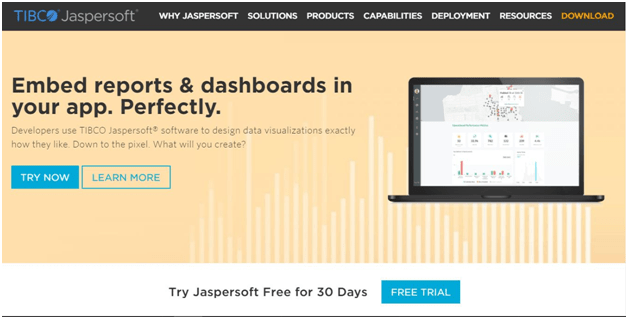
Jaspersoft is a business intelligence tool that provides a flexible, cost-effective, and widely deployed business intelligence solution. It helps marketers make better decisions through highly interactive web-based reports, analytics, and dashboards. This software can be integrated into any mobile app so that marketers can access data anywhere. It’s available as a cloud platform, SaaS, and on-premise.
3. Mailchimp
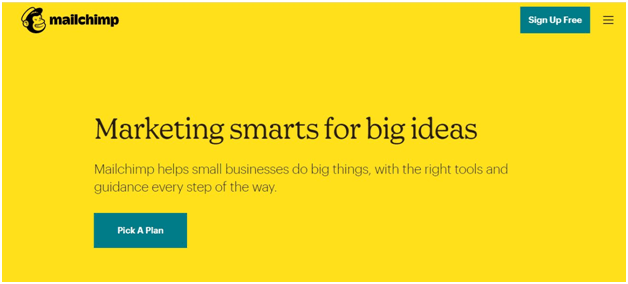
If one of your marketing schemes is email, Mailchimp is one analytical tool you can use. Emails are a popular marketing technique used for boosting sales, brand awareness, etc. Mailchimp is a popular email marketing tool that integrates with popular apps and services. This allows you to sync your data from these services, import content, and so on. This tool helps you track your progress with your audience as well as your return on investment. It will provide tips for improving strategy and will allow access from anywhere.
4. Campaignmonitor
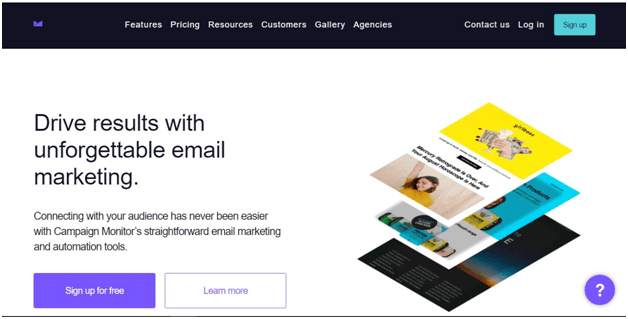
This is a very popular email marketing tool owing to its ease of usage. Campaignmonitor provides a variety of email templates. This allows users to customize emails as well as do A/B testing. A/B testing is basically a user experience solution that allows you to compare two or more variants on a page. It also allows you to create different campaigns with different contacts. These unique features make this tool very convenient for use.
5. Salesforce
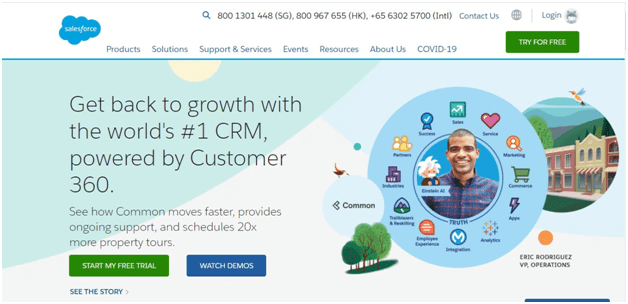
Anyone who knows a little about marketing and customer relations knows about Salesforce. This is probably the biggest customer management tool available today. They offer a variety of convenient modules such as sales cloud, sales performance, sales collaboration and many more. Salesforce is the leading customer relations management tool because of a proven conversion approach.
6. Microsoft Dynamics 365
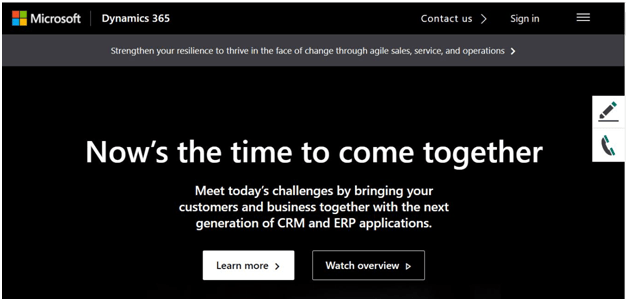
This is a Microsoft CRM tool that helps you to boost and track sales. They do this by quantifying and keeping track of customer behavior. This tool is effective with the management of operations on mobile and cloud-based applications.
7. Trello

This is a visual collaboration software for planning tasks and projects. This tool serves a wide number of functions, and as such, it's used in many different departments. Trello integrates with many online applications making it easy for teams to collaborate on projects. Some of the applications compatible with Trello include Google Drive, GitHub, Slack, etc. This analytical tool has a very interactive interface. Users can comment, add attachments, share files, etc.
8. GotoConnect
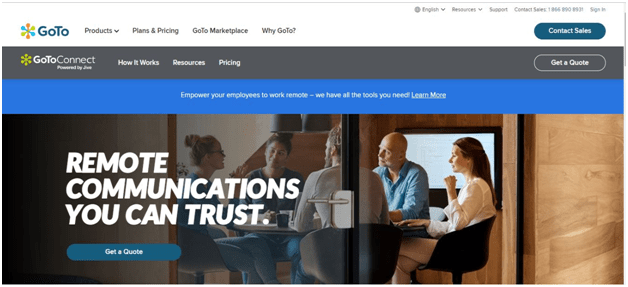
Formerly known as Jive. This is one of the leading collaboration tools. It connects teams in a corporate environment. It helps optimize the workflow process for employee teams to maximize output. It has many advanced features aimed at improving the productivity of employee teams. It also allows users to track the different stages of the customer lifecycle. This enables users to determine and manage conversion rates.
9. Hootsuite
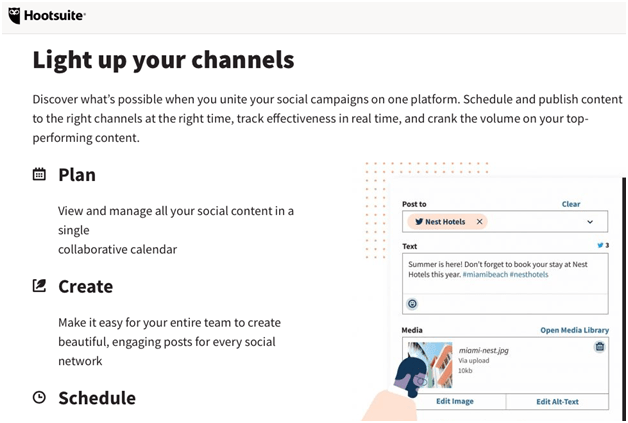
This is a content marketing tool specifically used for social media management. This tool helps to keep track of trends using its many features. These features include scheduling updates, allowing users to collaborate, etc. It also allows users to collaborate on different social media channels.
10. Buffer
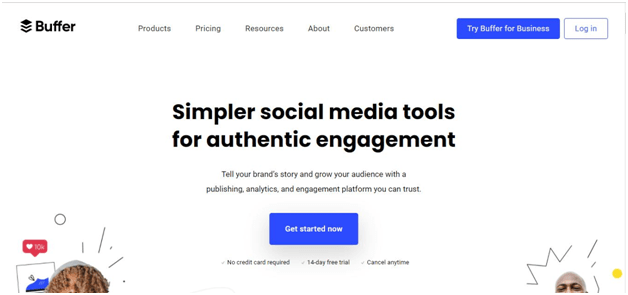
This is a simple and easy to use content management tool popular with social media. One of the biggest benefits of Buffer is that it allows you to sync your social media accounts. This helps with easy management and tracking of content performance and engagement. It optimizes the interaction with the audience enabling the user to manage expectations.
Conclusion
There are many other tools that will prove valuable in your marketing technology stack.
So far these are our favorites.
It is important to take some time and study your company and decide which of these tools would suit you best. What your company is facing in challenges, and which tools will provide the best solutions.
Do leave us a comment and let us know which of our favorite tools you found helpful.




![Performance Marketing - What Is it & How It Works [+ 6 Tools You Can Use]](https://blogger.googleusercontent.com/img/b/R29vZ2xl/AVvXsEj0akcIPU36HHfqWoYrb2LCMNG8OvxPb9drUYKWJZvSXmfbJG0OrjN5jfzTFDmT-9MKcuZt-G-66PiLlIVjgX1DwCNzHeIMW0pjW7W3IB2rZYzx4ISbL2T6JC4M38eubqHxQ3e71l2_n7oxh2f2QdV3d1prJ6z9HQNsSyfjtO18diLxEZg-5wD-I6RINFY/w680/performance_marketing-min.png)



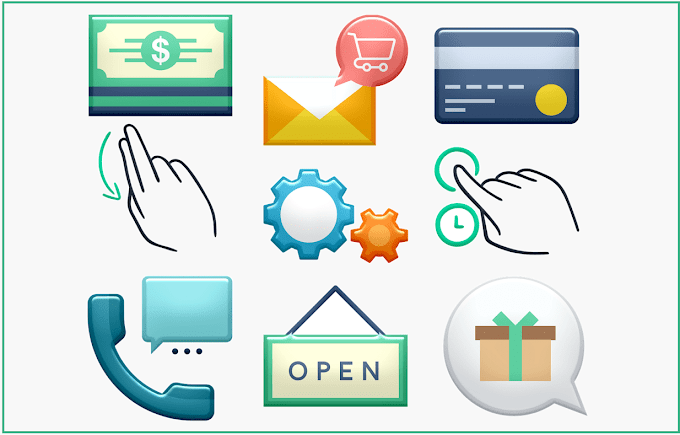

1 Comments
Thank you for a useful list of tools.
ReplyDeleteI in turn can recommend software for the legal field based on artificial intelligence from Loio https://loio.com/